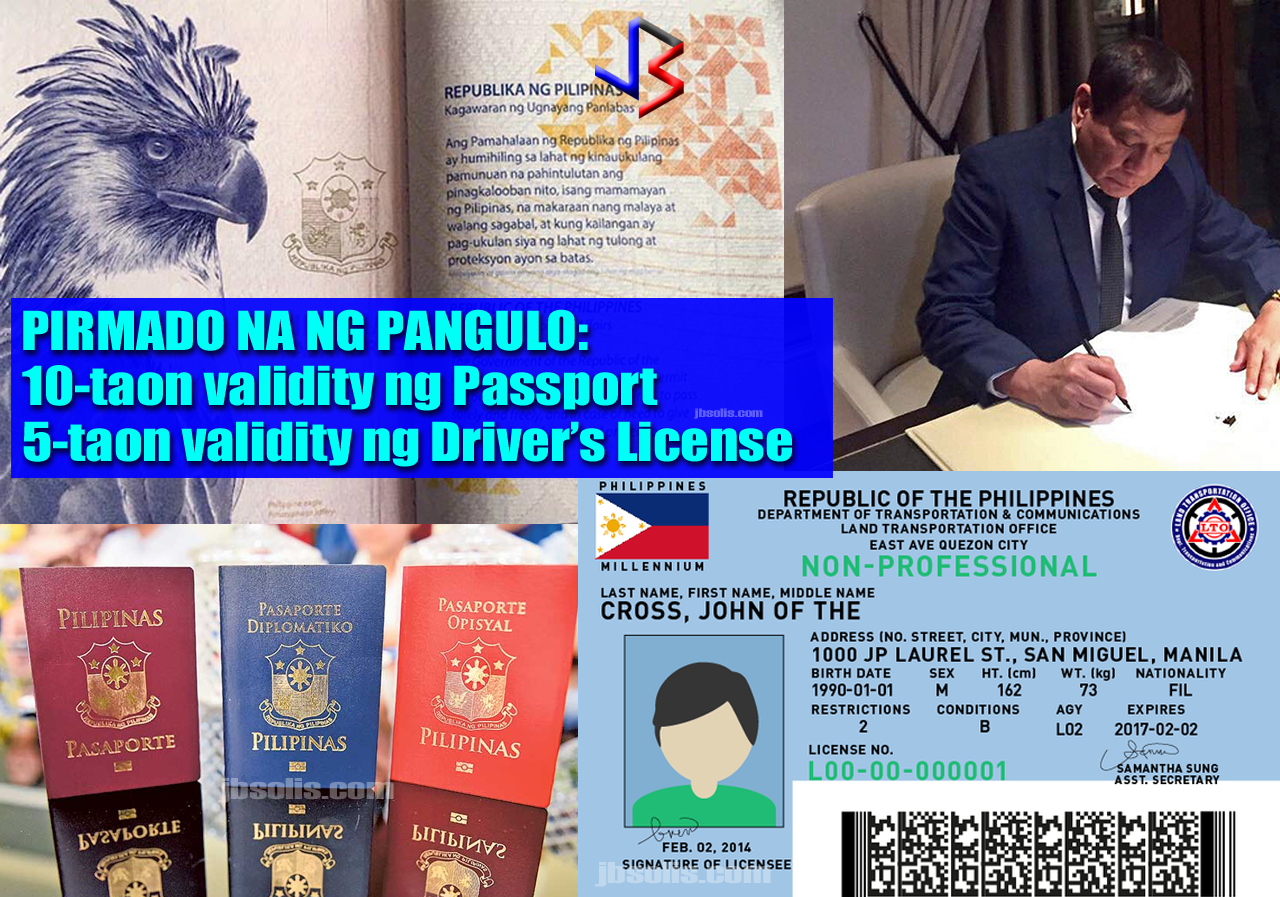Driving with Violations: Understanding License Status
Ever wondered how a speeding ticket or other traffic violation affects your driving privileges? It's a common concern, and understanding the link between violations and driver's license status is crucial for all motorists. This article delves into the complex relationship between traffic infractions and the continued legality of your driving license. We'll explore the potential consequences, the varying regulations across jurisdictions, and how to navigate the process effectively.
Maintaining a valid driver's license is more than just a formality; it's a privilege that comes with responsibilities. From minor parking tickets to serious moving violations, infractions can impact your driving record and potentially jeopardize your ability to legally operate a vehicle. Ignoring the implications of traffic violations can lead to significant consequences, including license suspension, revocation, increased insurance premiums, and even legal repercussions. Knowing how to maintain a clean driving record and understanding the process for addressing violations are essential aspects of responsible driving.
The impact of traffic violations on driving license validity varies considerably depending on the specific infraction and the jurisdiction. For instance, accumulating too many points on your license within a specific timeframe can result in suspension or revocation. Certain serious offenses, such as driving under the influence (DUI) or reckless driving, can lead to immediate license suspension. Understanding the specific regulations in your area is vital for avoiding unintended consequences. Staying informed about the point system and the repercussions of various violations will help you maintain your driving privileges.
Checking the status of your driver's license is crucial, especially after receiving a traffic violation. Many jurisdictions offer online portals or phone services that allow you to monitor your driving record and check for any outstanding violations or suspensions. Regularly reviewing your driving record can help you identify and address potential issues promptly. This proactive approach can help prevent unexpected license suspensions and allow you to take necessary steps to maintain your driving privileges.
Navigating the process of addressing a traffic violation can seem daunting, but understanding the procedures and available resources can make the experience less stressful. Depending on the nature of the violation, you may have options such as attending traffic school, contesting the ticket, or paying the fine. Being aware of your rights and responsibilities is key to navigating the process effectively. Consulting with a legal professional can also be beneficial in certain situations, especially for more serious offenses.
The history of driving license regulations is intertwined with the evolution of the automobile itself. As cars became more prevalent, the need for standardized regulations and licensing systems became apparent. Early licenses were often simple permits, but over time, regulations became more complex, including point systems, suspension and revocation procedures, and requirements for driver education. The importance of maintaining a valid license underscores the inherent responsibilities that come with operating a motor vehicle.
A driver's license signifies that an individual has met specific requirements, including demonstrating driving skills and knowledge of traffic laws. A violation impacts the validity by potentially jeopardizing the assumption of competence and responsibility. Serious or repeated violations can lead to license restrictions, suspensions, or revocations, effectively removing the privilege to drive. Maintaining a clean driving record demonstrates responsible driving behavior and upholds the integrity of the licensing system.
While license validity with violations might seem primarily punitive, there are benefits to a system that tracks and addresses driver behavior. It enhances road safety by encouraging responsible driving, provides a mechanism for driver accountability, and facilitates the enforcement of traffic laws. This contributes to a safer driving environment for all.
If your driver's license validity is impacted by a violation, there are steps you can take. First, understand the specific violation and its potential consequences. Next, explore available options, such as traffic school or contesting the ticket. Finally, take steps to improve your driving habits and maintain a clean driving record going forward.
Challenges related to license validity and violations often include navigating complex regulations, understanding legal procedures, and managing the potential financial implications. Solutions involve seeking legal advice, accessing online resources, and participating in driver improvement programs.
Some frequently asked questions about driver's license validity and violations include: What are the consequences of driving with a suspended license? How can I check my driving record? How long do violations stay on my record? What are the options for addressing a traffic ticket? Can I reinstate my license after revocation? How do I find a qualified traffic attorney? What is the impact of violations on insurance premiums? How can I improve my driving habits?
Tips for maintaining a valid license include adhering to traffic laws, attending defensive driving courses, and regularly reviewing your driving record. These practices can help you avoid violations and maintain a clean driving history.
Understanding the intricate relationship between traffic violations and the validity of your driver's license is paramount for every driver. From minor infractions to serious offenses, maintaining a clean driving record safeguards your driving privileges and contributes to overall road safety. By understanding the regulations, taking proactive steps to address violations, and continuously striving to improve your driving habits, you can ensure the continued validity of your driver's license and contribute to a safer driving environment for everyone. Take the time to familiarize yourself with your local laws and regulations, and prioritize responsible driving practices. Your license, and the safety of yourself and others, depend on it. This knowledge empowers you to navigate the system effectively and maintain the freedom and privilege of driving legally and responsibly. Remember that the roads are shared spaces, and responsible driving benefits everyone.
Small bathroom big inspiration unleashing the potential of tiny toilets
Seeking top notch neurological care in houston your search ends here
Trying to flirt meme














